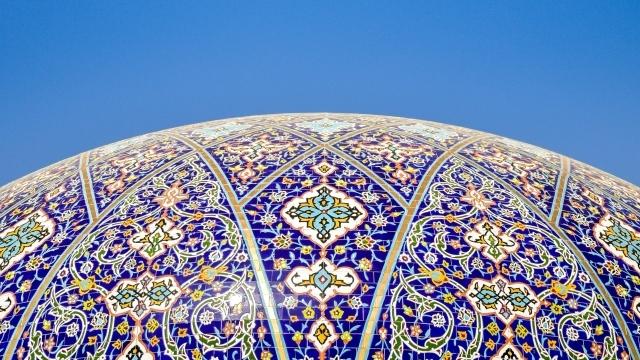
Ruqaya Izzidien’s novel presents the literary critic with many challenges. Is it a story about the lost friendships between a Jew, Muslim and Christian in the Ottoman province of Baghdad? Is it a novel about Iraq’s formation? Is it narrative about a Welshman’s animosity toward imperial England? Is it about Wales’ desire for independence? And what do Wales and Iraq have to do with each other anyway? Set between Wales and Baghdad during and after World War I, The Watermelon Boys (2018) is, I contend, about all these things; and, as if my work wasn’t challenging enough, it is about all these things all at once. Izzidien expertly weaves together two seemingly tangentially related plotlines to highlight the embeddedness of Wales to the formation of modern Iraq. The novel explores not just the rise of sectarian rivalry within the context of nation-state formation, but also what diaspora fiction can offer literary studies’ implicit relationship with the idea of nation. The Watermelon Boys highlights that the idea of “national literatures” is not sufficient when dealing with what I loosely call diaspora writing. It urges us to recognise that nations are narrated from a transnational space, drawing together unlikely places like Wales and Iraq in the early 20th century.
Jumana Bayeh is Associate Professor at Macquarie University. She is the author of The Literature of the Lebanese Diaspora (2015) and a co-editor of the recent Writing the Global Riot (2023). She has published extensively on Arab diaspora fiction, the relationship between diaspora and world literature and the impact of diaspora on democracy. She is currently working an ARC-funded project that examines the Arab diaspora novel from Australia, North America and the UK. In 2022-2023, she was a fellow at the Collégium de Lyon in France.
Location
Speakers
- Associate Professor Jumana Bayeh
Event Series
Contact
- CAIS Administrator(02) 6125 8029
File attachments
| Attachment | Size |
|---|---|
| Coexistence_Sectarianism_Nation_Iraq_Wales_in_Ruqaya_Izzidiens_Novel.pdf(61.41 KB) | 61.41 KB |